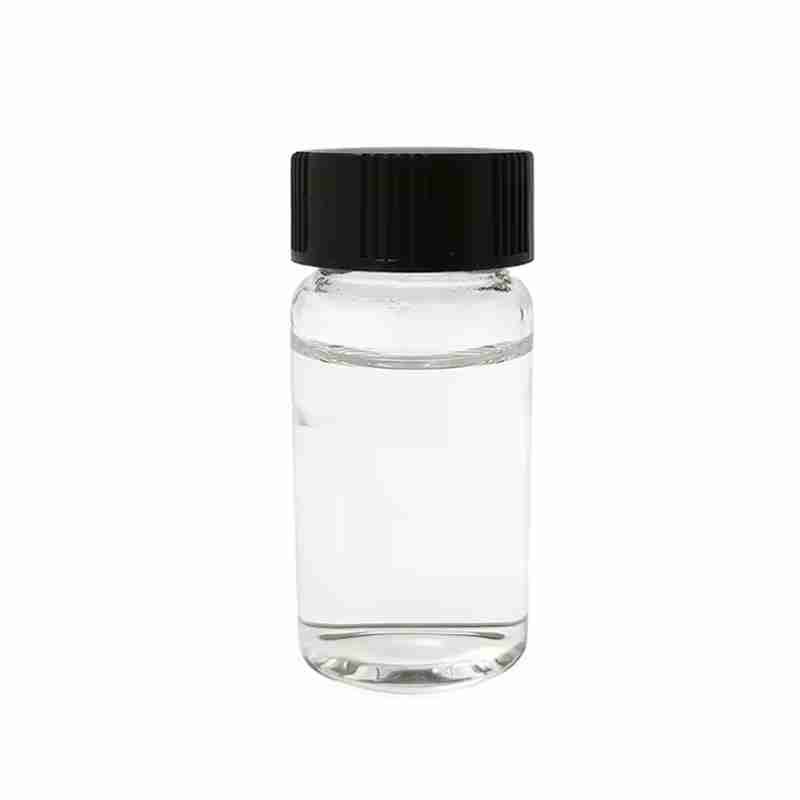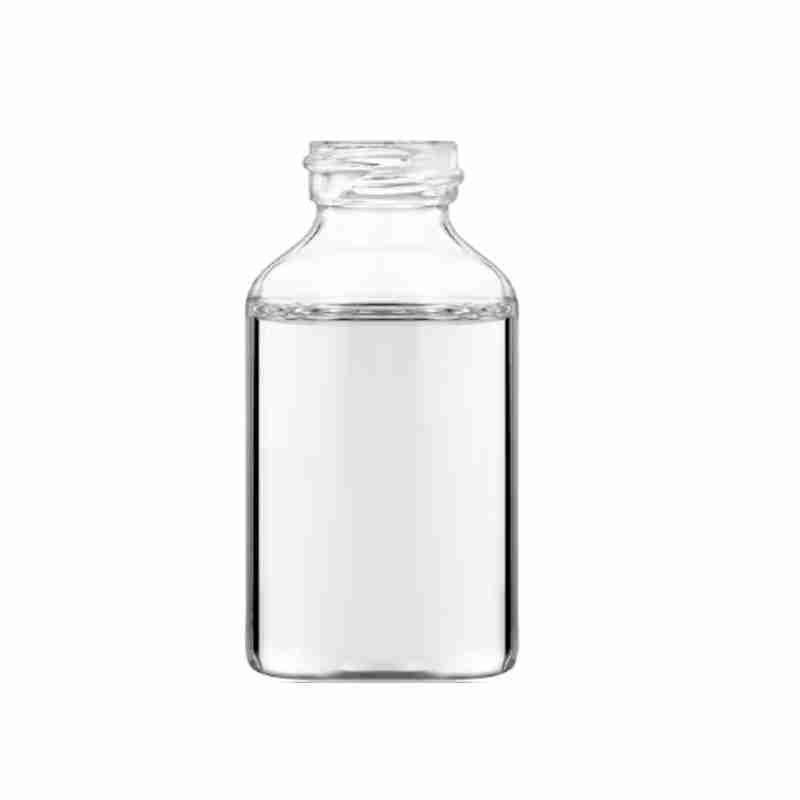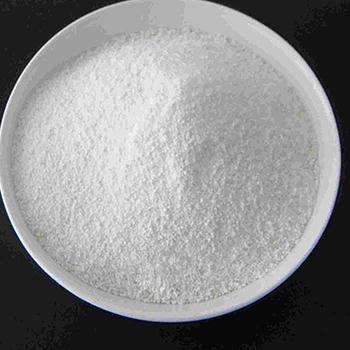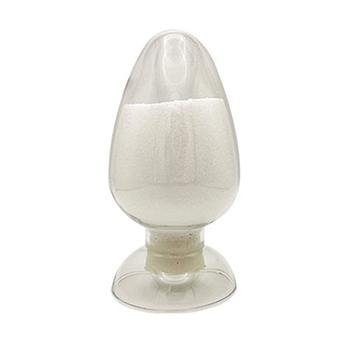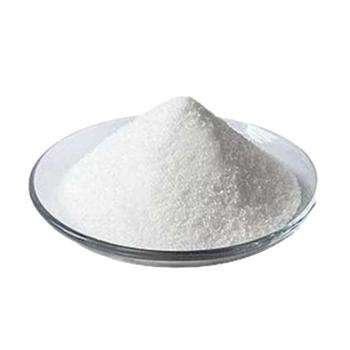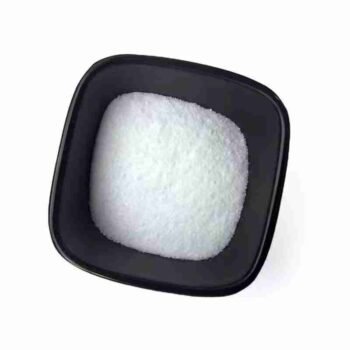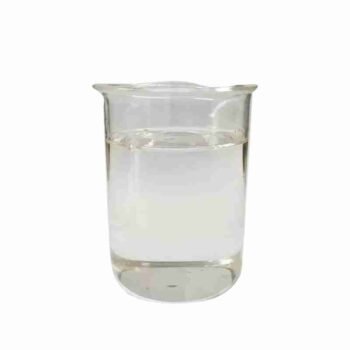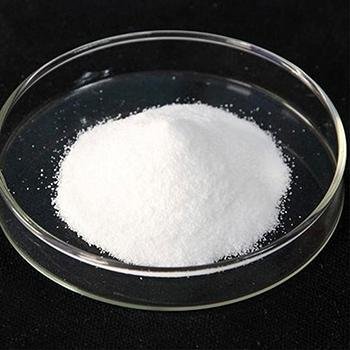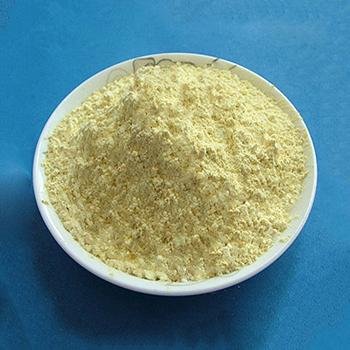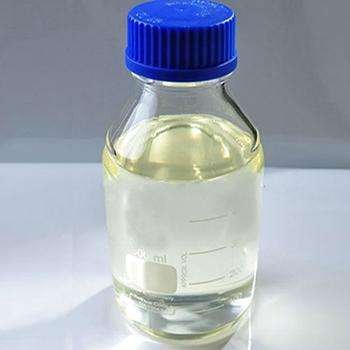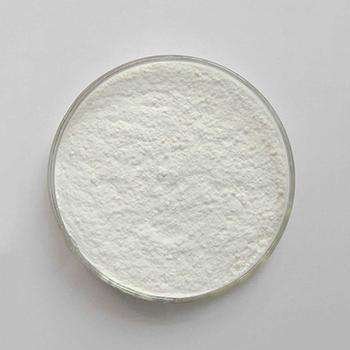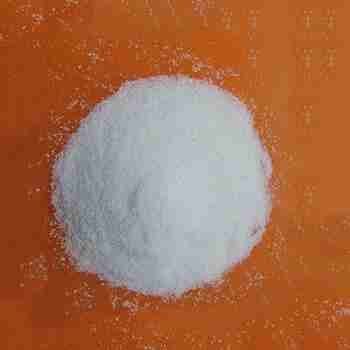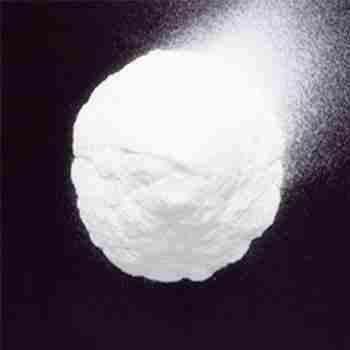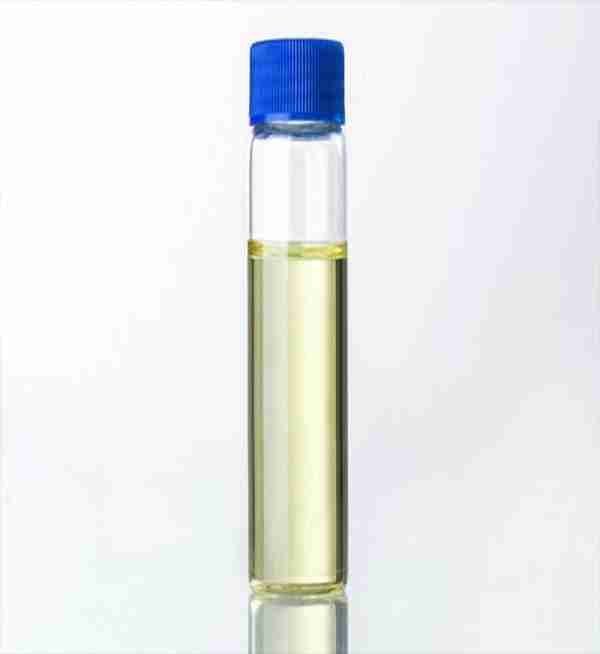Polyhexamethylene Biguanide Hydrochloride CAS #32289-58-0
Polyhexanide (Polyhexamethylene biguanide hydrochloride, PHMB) is a polymer used as a disinfectant and antiseptic. Spelled Polihexanide (inn) for dermatological purposes and sold under the names lavasept, serasept, prontosan and omniside.?PHMB has been shown to be resistant to Pseudomonas aeruginosa, Staphylococcus aureus, Escherichia coli, Yeast infection albicans, Aspergillus Brazil, Enterococcus as well as Klebsiella pneumoniae.
The average molecular weight of polyhexamethylene biguanide hydrochloride is 1100-1800, the molecular formula is (C8H17N5)n??xHCl, n=12-16. Polyhexamethylene biguanide hydrochloride (PHMB) is a broad-spectrum antibiotic that can kill gram-positive bacteria, gram-negative bacteria, fungi and yeast.
发送询盘
Polyhexamethylene Biguanide Hydrochloride CAS #32289-58-0
| Poly(hexamethylenebiguanide)hydrochloride Basic information |
| Description?Application?Safety |
| Product Name: | Poly(hexamethylenebiguanide)hydrochloride |
| Synonyms: | POLY(HEXAMETHYLENEBIGUANIDE) HCL;Polyhexamethylene biguanidine;Acticide SR 1296;Arlagard E;BG 1;BG-IR;Cosmocil;Lavasept |
| CAS: | 32289-58-0 |
| MF: | C10H23N5 |
| MW: | 213.32312 |
| EINECS: | 1308068-626-2 |
| Product Categories: | Antibacterial agent;CHEMICAL;Biocide;Fungicide series;Intermediates & Fine Chemicals;Pharmaceuticals;Polymers;Industrial/Fine Chemicals;Water treatment;Disinfectants;PHM;intermediate;32289-58-0 |
| Mol File: | 32289-58-0.mol |
 |
|
| Poly(hexamethylenebiguanide)hydrochloride Chemical Properties |
| storage temp. | Inert atmosphere,Room Temperature |
| solubility | Water |
| form | Solid |
| color | White to off-white |
| InChI | InChI=1S/C10H23N5/c1-9(11)14-7-5-3-4-6-8-15-10(12)13-2/h3-8H2,1-2H3,(H2,11,14)(H3,12,13,15) |
| InChIKey | SAGIGHPRUJPLKX-UHFFFAOYSA-N |
| SMILES | C(=N)(C)NCCCCCCNC(=N)NC |
| CAS DataBase Reference | 32289-58-0(CAS DataBase Reference) |
| EPA Substance Registry System | Poly(iminoimidocarbonyliminoimidocarbonyliminohexamethylene) hydrochloride (32289-58-0) |
| Safety Information |
| Hazardous Substances Data | 32289-58-0(Hazardous Substances Data) |
- 2
- 2-diallylpent-4-en-1-amine
- 4
- 95-16-9
- Ammonium sulfamate
- Benzothiazole
- cas:67889-00-3ح2
- cas:83524-75-8 | pigment black 32
- cas:928836-00-4 | 2
- cas:932745-70-5 | 4
- Chemical Minerals
- Coconut diethanolamide
- Daily Chemicals
- discount
- for sale
- General pvc resin
- hexyl D-glucoside
- in stock
- Lauramidopropyl betaine
- LAURIC ACID MONOETHANOLAMIDE
- Petroleum Additives
- Plasticiser
- Ploymers
- price
- PVC
- quotation
- Raw Materal
- Remove term: Petroleum Additives Petroleum Additive
- SODIUM ETHYL 2-SULFOLAURATE
Related Products
Chemical Name: Dehydrocholic acid
Synonyms: Acide dehydrocholique; Triketocholanic acid
CAS No.: 81-23-2
Molecular Formula: C24H34O5
Molecular Weight: 402.53
Appearance: Powder
Chemical Name: Imazalil Sulfate
CAS No.: 58594-72-2
Molecular Formula: C14H14Cl2N2O.H2SO4
Molecular Weight: 395.26
Appearance: Solid
Chemical Name: 3-Hydroxybutyric acid
CAS No.: 625-71-8
Molecular Formula: C4H8O3
Molecular Weight: 104.1
Appearance: White powder
3,4-Ethylenedioxythiophene is a synthetic organic compound characterized by its unique structure that includes a thiophene ring with ethylenedioxy substituents at the 3 and 4 positions. This compound is known for its potential applications in the synthesis of various organic materials, including pharmaceuticals and organic electronic devices such as sensors and solar cells. Its stability and reactivity make it a versatile intermediate in the chemical industry.
POLY(VINYL CHLORIDE-CO-ISOBUTYL VINYL ETHER) is a copolymer that combines the properties of vinyl chloride and isobutyl vinyl ether. This polymer offers a balance of rigidity and flexibility, along with enhanced chemical resistance and durability. It is commonly used in the production of films, coatings, and adhesives due to its excellent barrier properties against gases and moisture, making it ideal for packaging and construction applications.
Butylated Hydroxytoluene (BHT) is a synthetic phenolic antioxidant commonly added to foods, cosmetics, and packaging to prevent the oxidation of fats and oils, thereby extending their shelf life. It is also used as a preservative in a variety of products, including rubber, petroleum products, and animal feed. BHT is recognized for its effectiveness in maintaining nutrient levels, color, flavor, and odor in food products . It is known to have a melting point of 69-71??C, a boiling point of 265??C, and is soluble in ethanol, acetone, and benzene, but not in water, glycerin, or propylene glycol . BHT is also used in some dietary supplements due to its antioxidant properties . However, it is important to handle BHT with care, as it can cause skin irritation and is considered harmful if swallowed .
Silicones are a family of synthetic polymers known for their versatility and stability. They are heat-resistant, non-toxic, and have excellent electrical insulation properties. Commonly used in various industries such as construction, automotive, aerospace, and personal care products, silicones offer a wide range of applications from sealants and adhesives to lubricants and medical devices. Their resistance to extreme temperatures and weathering makes them a preferred choice for many high-performance applications.
Chemical Name: UV-120
Other Name: (2’,4’-Di-tert-butylphenyl 3,5-di-tert-butyl-4-hydroxybenzoate)
CAS No.: 4221-80-1
Molecular Fomula: C29H42O3
Molecular weight: 438.66
Assay: ≥99%(LC)
Octocrylene is an organic compound widely recognized for its potent UV-filtering properties, making it an essential ingredient in sunscreens and other skincare products designed to protect the skin from harmful ultraviolet radiation. With the chemical name 2-(4-Methylbenzyl)-2H-benzotriazole-5-methyl, octocrylene is a stable and photostable molecule that provides broad-spectrum protection against both UVA and UVB rays.
This oil-soluble chemical is valued for its ability to absorb UV radiation effectively, converting it into heat without causing skin irritation or staining clothes. Octocrylene is often used in combination with other UV filters to enhance the sun protection factor (SPF) of formulations, ensuring a balanced and comprehensive defense against sun damage.
As a lipophilic compound, octocrylene is compatible with various cosmetic and dermatological formulations, contributing to the development of lightweight, non-greasy sunscreens. Its chemical structure allows for a high degree of safety and efficacy, making it suitable for a wide range of skin types, including sensitive skin.
In summary, octocrylene is a reliable and efficient UV filter, pivotal in the formulation of modern sunscreens that offer advanced protection against the sun’s harmful effects while maintaining skin comfort and product aesthetics.
Product name:HYDROXYPROPYL GUAR HYDROXYPROPYLTRIMONIUM CHLORIDE
Purity:99%
Appearance:Light Yellow Powder
Package:Customized according to customer needs.
Sample:Available
Chemical Name: 1,1,2,2-Tetrachloroethane
Other Name: Tetrachlorethane
CAS No.: 79-34-5
Molecular Formula: C2H2Cl4
Molecular Weight: 167.85
Appearance: Liquid
Chemical Name: Zinc citrate
Synonyms: Zinc citrate trihydrate
CAS No.: 546-46-3
Molecular Formula: C6H8O7Zn
Molecular Weight: 257.5
Appearance: White powder

